5 Powerful Films Like Sinners (2025)
If you were captivated by Sinners' blend of supernatural horror, musical elements, and profound social commentary about Black cultural resilience, these films offer similarly powerful explorations of race, history, and genre storytelling. From Jordan Peele's groundbreaking horror to Spike Lee's historical dramas, these movies will satisfy your craving for thought-provoking cinema.
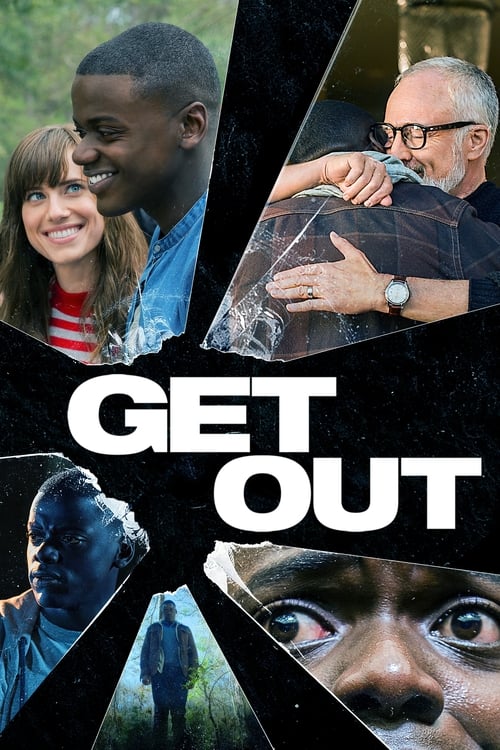
Get Out (2017)
Psychological HorrorAvailable on Peacock, Amazon Prime
Jordan Peele's groundbreaking Get Out uses horror to explore racial dynamics much like Sinners' vampiric metaphor. Both films feature Black protagonists navigating sinister white spaces where Black bodies are commodified. Daniel Kaluuya's performance as Chris mirrors Michael B. Jordan's dual roles in Sinners - both actors convey profound vulnerability and resilience. The films share a masterful balance of social commentary with genuine scares, proving horror can be both entertaining and intellectually stimulating.
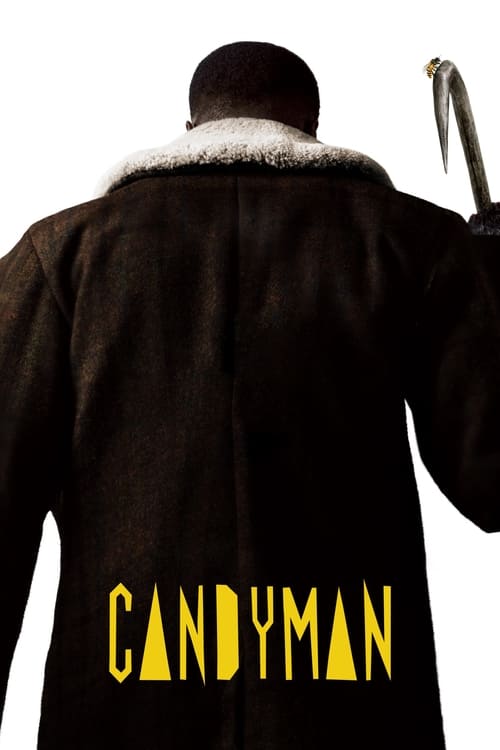
Candyman (2021)
Supernatural HorrorAvailable on HBO Max
Nia DaCosta's Candyman sequel/reboot shares Sinners' focus on how trauma echoes through generations. Both films use supernatural elements to examine cultural appropriation and the exploitation of Black pain. The urban legend of Candyman mirrors Sinners' vampiric musicians - both represent how Black stories and creativity can be distorted for others' consumption. The films' striking visual styles (Candyman's mirror sequences, Sinners' juke joint atmosphere) create similarly haunting viewing experiences.
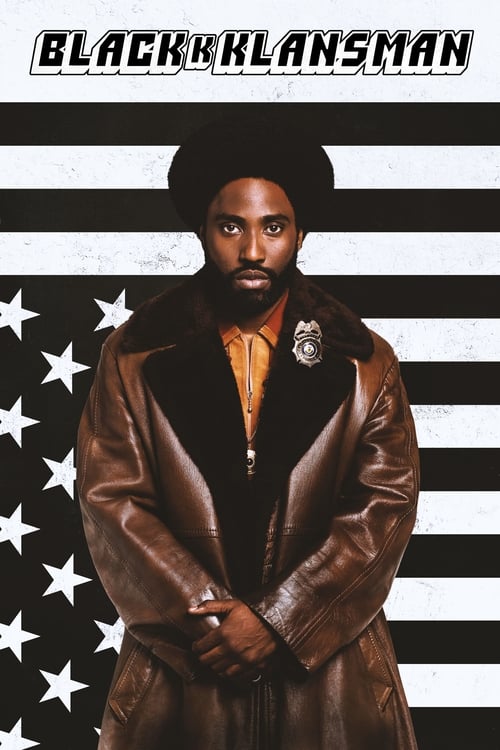
BlacKkKlansman (2018)
Historical DramaAvailable on Netflix
Spike Lee's BlacKkKlansman, while not a horror film, shares Sinners' incisive look at white supremacy's enduring threat. Both use historical settings (1970s Colorado vs. 1930s Mississippi) to comment on contemporary racial issues. John David Washington's undercover detective mirrors Michael B. Jordan's twins - all three navigate dangerous white spaces while preserving their identity. The films' endings both draw powerful parallels between past and present racial violence.
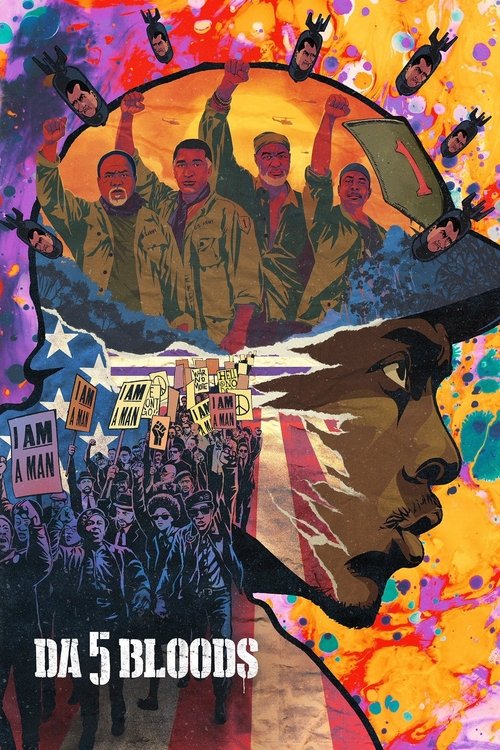
Da 5 Bloods (2020)
War DramaAvailable on Netflix
Another Spike Lee joint, Da 5 Bloods explores Black brotherhood and historical trauma like Sinners' focus on familial bonds. Both films use flashbacks to show how the past haunts the present. Delroy Lindo's devastating performance as Paul mirrors the emotional depth of Michael B. Jordan's dual roles. The films share a musicality too - Da 5 Bloods' Marvin Gaye soundtrack complements Sinners' blues influences. Their endings both deliver profound meditations on sacrifice and legacy.
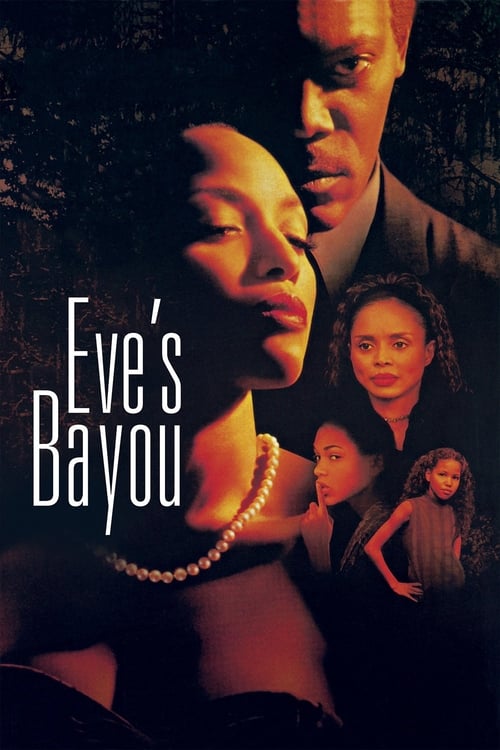
Eve's Bayou (1997)
Southern GothicAvailable on Criterion Channel
Kasi Lemmons' Eve's Bayou shares Sinners' Southern Gothic atmosphere and focus on Black family secrets. Both films blend realism with supernatural elements to explore intergenerational trauma. The young protagonist's perspective in Eve's Bayou offers a different but equally powerful viewpoint compared to Sinners' adult leads. Their lush Southern settings (Louisiana bayou vs. Mississippi juke joint) create similarly immersive worlds where the past constantly intrudes on the present.
Key Themes in These Films
Cultural Exploitation
Like Sinners' vampiric musicians, these films explore how Black creativity and trauma are appropriated. Get Out's Sunken Place, Candyman's legend, and BlacKkKlansman's Klan all represent different forms of this exploitation.
Historical Hauntings
All these films show how the past persists into the present - whether through supernatural means (Sinners, Candyman) or psychological trauma (Da 5 Bloods, Eve's Bayou). They reject simple historical closure.
Genre as Social Commentary
These filmmakers use horror, thriller, and drama conventions to deliver profound messages about race. Sinners and Get Out prove horror can be intellectually rigorous, while BlacKkKlansman shows comedy's power in addressing white supremacy.
Black Artistic Resilience
Despite their heavy themes, these films celebrate Black survival and creativity. Sinners' blues music, Da 5 Bloods' camaraderie, and Eve's Bayou's storytelling all affirm cultural resilience against oppression.